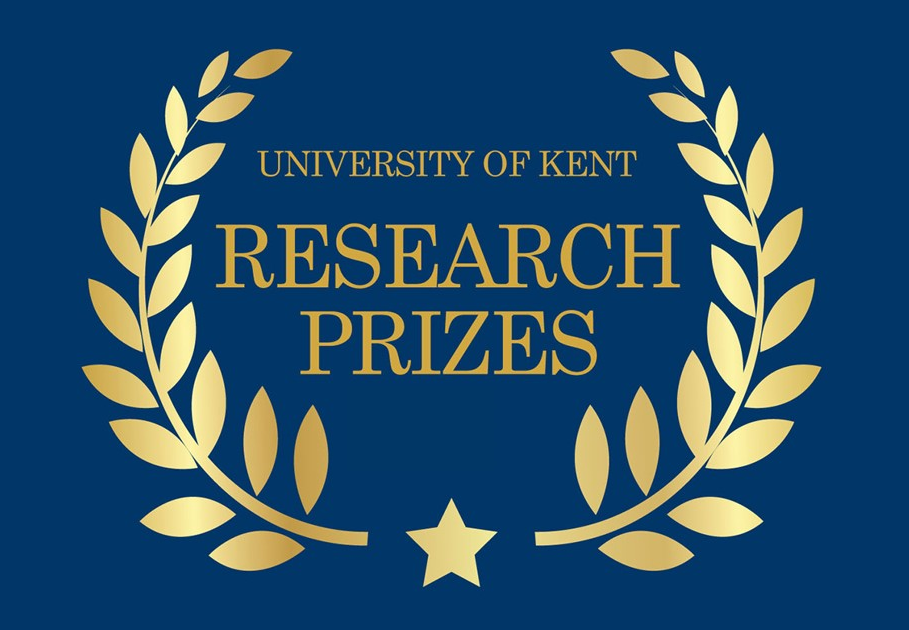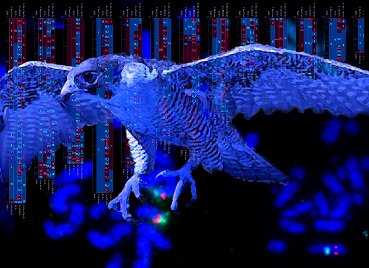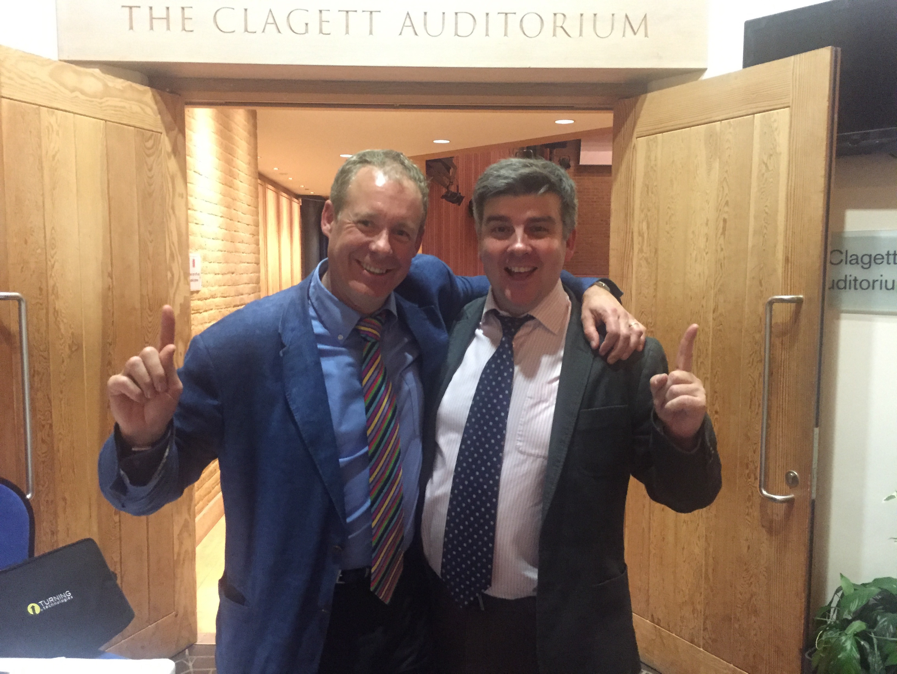Category Archives: Uncategorized
‘Constructing abortion as a social problem: “Sex selection” and the British abortion debate’.
‘Tamara Ecclestone breastfeeding pictures: Why were they controversial?’
‘Tamara Ecclestone breastfeeding pictures: Why were they controversial?’ with comment by Ellie Lee
Doctors, Conscience and Abortion Provision
This is a one-day workshop hosted by the University of Kent, as a collaboration between the Centre for the Interdisciplinary Study of Reproduction (CISoR), the Centre for Parenting Culture Studies (CPCS) and the British Pregnancy Advisory Service.
Date: Thursday 29th June 2017
Venue: Ground Floor, Cornwallis East Building, University of Kent, Canterbury
Organisers: Dr Ellie Lee (SSPSSR) and Professor Sally Sheldon (Kent Law School), University of KentThis event is one of a number taking place during 2017, the year of the 50th Anniversary of the 1967 Abortion Act. In common with other events, its aim is to promote critical reflection about this legislation. The programme overall will take ‘conscience’ as its core theme. The day will begin with a presentation by Professor Sally Sheldon about history of medical opinion in the development of the British Abortion law, based on work for the project ‘The Abortion Act: A Biography’. The programme includes discussion about research considering abortion provision in England based on new research led by Dr Ellie Lee, but we will also widen the lens and benefit from a comparative focus. We are delighted to be able to include Dr Lori Freedman and Professor Wendy Chavkin from the US as presenters.
You can find full details of programme and speakers here
Book in for the event here (this event is free to attend, and places will be allocated on a first come basis)
PGR students are invited to submit Posters. Details here
Darren Griffin comments on GIANT study
GIANT makes short work of height gene discovery
Don’t you just love it when an acronym comes together? In the pages of last week’s edition of Nature (see BioNews 887), a consortium that styles itself with the moniker ‘GIANT’ (short for Genetic Investigation of Anthropometric Traits – I’ll try to keep further puns to a minimum) describes 83 novel but rare genetic variants that are related to human height. The study involved more than 700,000 people and the dark art of genome-wide association studies, or GWAS. Basically, GWAS use DNA arrays or ‘chips’ – collections of known DNA variations – to search the genomes of a large number of individuals for these variations, and so link them to traits. The more people are analysed, the more ‘power’ the study is said to have, in that it can accurately link less common variations to traits. Height is a complex trait involving many genes, and this study brings the total known to be involved to around 700.
Understanding quality control during sperm production
Dr Peter Ellis from the School of Biosciences recently published a paper in the journal Human Molecular Genetics on the quality control mechanisms during sperm production.
During the production of eggs and sperm (gametes) in mammals, there is a need for strict quality control. This includes ensuring correct cell division, that exactly half the genome makes it into the final product, that the right amount of genetic recombination (the process through which we are all different) occurs, and that the DNA packaged into the egg and sperm cells is undamaged. One of the ‘checkpoint’ pathways the developing gametes use to do this is ‘meiotic silencing’, in which the cell tests whether each chromosome has correctly paired up with its partner, and inactivates the genes on any chromosome that is not paired. Dr Ellis’ work shows that a gene on the Y chromosome, Zfy2 controls the stringency of meiotic silencing. In male mice lacking Zfy2, meiotic silencing is ‘leaky’, the resulting germ cells show a range of developmental problems, and the mice are sterile.
Further details can be found here.
CISoR Members win 2017 University Research Prizes
Both staff and postgraduate students from CISoR have again received accolades for their research winning two of this year’s 2017 University Research Prizes. These prizes were launched as part of the University’s 50th anniversary year and recognise outstanding research across the University. Dr Rebecca O’Connor, a former PhD student from the Griffin lab receives the overall University Prize for Postgraduate Research and Professor Darren Griffin the Faculty of Sciences Prize for Advanced Research.
Congratulations to our winners who will pick up their prizes at an Awards Ceremony in April.
Stories that hit the News…
Darren Griffin was quoted several times in January and February news items including the following:
Major report prepares ground for genetic modification of human embryos:
Women who work nightshift may be damaging fertility, as study shows they have fewer eggs:
Pig and human combination embryos grown for first time:
Complete animal genomes become easier to map thanks to revolutionary new method
Researchers at the Royal Veterinary College (RVC) and the University of Kent have developed a new cost effective approach to mapping and assembling genomes, using a novel method that is particularly effective for bird species. Developed with funding from the Biotechnology and Biological Sciences Research Council (BBSRC), this new method enables geneticists to assemble complete (chromosome-level) genome assemblies.
Publication details can be found here
A really clean sex show
As part of the Canterbury Festival the self-styled “Dr D’n’A” (in reality Professors Darren Griffin and Alan Thornhill of Biosciences) took to the stage.
The two pioneers in the field of IVF and genetics led an interactive whistle-stop tour of the early stages of human development, and discussed some recent developments in reproductive technologies. The show involved a “mocked up” IVF lab – some “real” patients, balloons and a very large syringe!
The show was based on the fact that 1 in 50 people in the UK don’t have children the ‘normal’ way. The advent of in vitro fertilisation (IVF) in 1978 led to hundreds of thousands of births worldwide – but also a deeper understanding of the appearance, process and genetics of the ball of cells that eventually develops into the human body. The presentation was supported by the London Women’s Clinic and explored some of the innovations, stories and perceptions that IVF has given the world.


